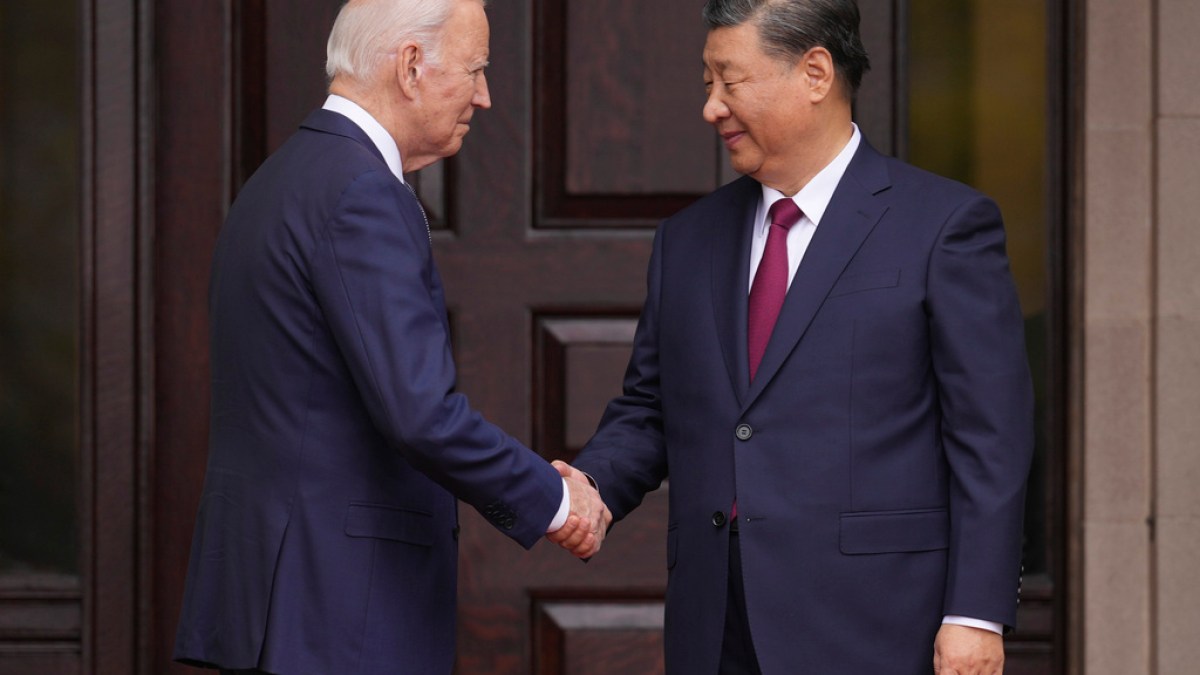UN expert raises alarm over unfair treatment of pro-Palestinian student protesters in US — Global Issues

UN expert raises alarm over unfair treatment of pro-Palestinian student protesters in US — Global Issues
“I am deeply troubled by the violent crackdown on peaceful demonstrators, arrests, detentions, police violence, surveillance and disciplinary measures and sanctions against members of the educational community exercising their right to peaceful assembly and freedom of expression,” UN Special Rapporteur on the right to education, Farida Shaheed said, in a statement at the end of an official visit to the US.
The UN Human Rights Council-appointed expert said she is particularly concerned by the way protesters are unfairly treated based on their political viewpoint – specifically pro-Palestinian protestors.
Core constitutional commitment
While Ms. Shaheed was in the US, she visited Washington DC, Indiana and Colorado.
Her visit occurred simultaneously with US students setting up encampments on campus grounds to stand in solidarity with Palestinians, call for a ceasefire, and in many cases demand that university divest any assets linked to Israel.
She said, “These attacks signal a concerning erosion of intellectual freedom and democratic principles within educational settings.”
Ms. Shaheed is appealing to the US Government to reiterate its core commitment to freedom of speech by ensuring all students have unrestricted access to diverse ideas and perspectives.
Academic freedoms under threat
The Special Rapporteur also expressed concern about 307 policies and educational gag order bills introduced in the US since January 2021.
“These policies, manifested through book bans and restrictions on curricula, have instilled a pervasive ‘chilling effect’ that stifles the free exchange of ideas and silences marginalised voices,” she said.
Ms. Shaheed found that underfunding in the US educational system paved the way for other systemic issues including teacher shortages and student mental health support challenges.
These educational funding disparities are worsened by over reliance on local property taxes, harming marginalized and low-income neighbourhoods.
The rapporteur said, “Communities need to find a way to distribute funds more equitably between wealthier and poorer districts to end the cycle of deprivation and segregation.”
“I also urge the federal government to take decisive action to address disparities in educational funding,” she added.
Increased educational rights
The Special Rapporteur has called on federal and state authorities to acknowledge education as a human right while ensuring fair access for all students irrespective of background or identity, level of income, place of residence or any other personal circumstance.
Ms. Shaheed also mentioned that despite federal non-discrimination safeguards, school safety and police presence in schools in addition to standardised testing and students’ mental health, are all related but negatively affect people from marginalized and minority communities.
“It is crucial to remove police presence from schools and invest in qualified personnel such as counsellors and social workers to create a safe and nurturing learning environment,” Ms. Shaheed said.
“It is time to shift the narrative, prioritising holistic growth and social interaction skills over standardised testing results reducing students to mere numbers.”
Special Rapporteurs and other UN rights experts are not UN staff and are independent from any government or organisation. They serve in their individual capacity and do not receive a salary for their work.



